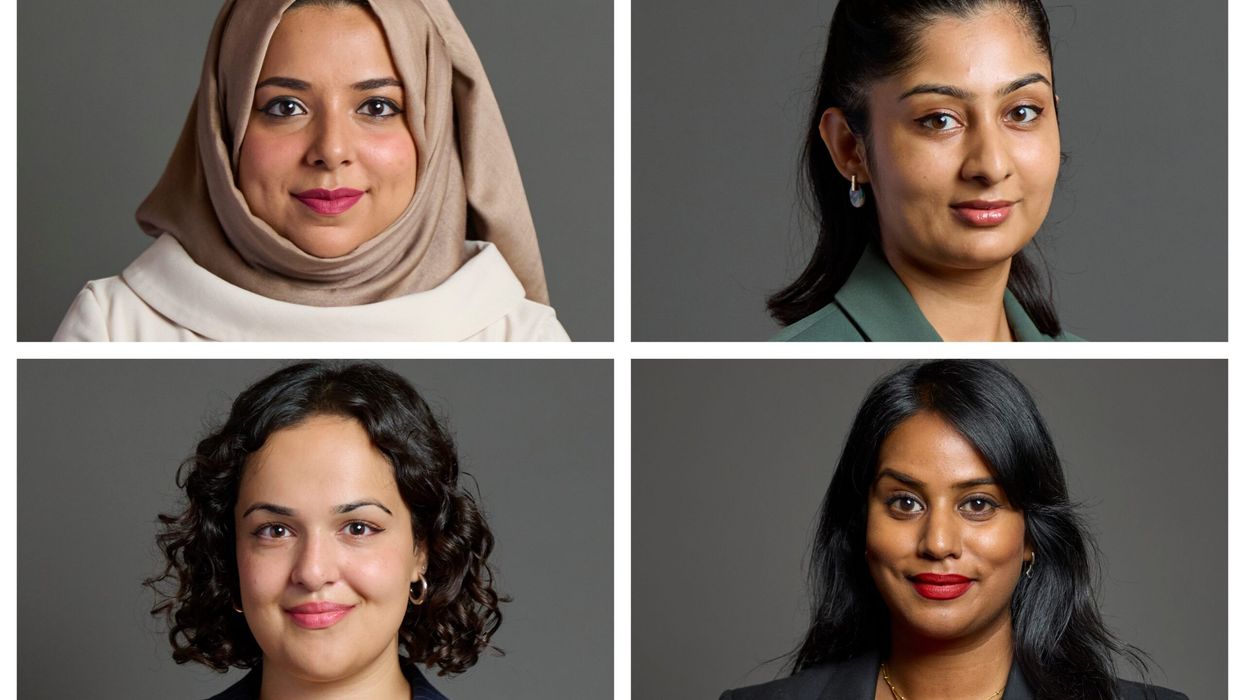ASIAN MPs are among the British Vogue's women lawmakers featured as those "determined to change Britain for the better."
MPs Apsana Begum, Zarah Sultana, Nadia Whittome, and Uma Kumaran have been highlighted in the magazine's September issue, which profiles 13 lawmakers.
The publication describes these women as individuals "determined to change the country," drawing parallels to past generations of female parliamentarians who left a significant impact.
Uma Kumaran, 38, the MP for Stratford and Bow, stands out as the first British politician of Sri Lankan Tamil descent. Kumaran’s parents fled the Sri Lankan civil war in the 1980s, and her election has been met with widespread support from the Tamil diaspora.
“You feel the weight of history. I’ve seen an incredible outpouring of support from the Tamil diaspora," London-born Kumaran told the Vogue.
The “Vogue 13” includes a mix of newly elected and returning MPs. Notably, Begum, 34, MP for Poplar and Limehouse, is recognised as the first hijab-wearing MP in the UK, and Louise Haigh, the 37-year-old transport secretary, is the youngest member of prime minister Sir Keir Starmer’s Cabinet.
Sultana, 30, is the MP for Coventry South and currently chairs the Socialist Campaign Group. She is presently suspended by the Labour party. Whittome, 27, represents Nottingham East and was previously known as the 'Baby of the House' after being elected in 2019 at just 23- years-old.
Elsie Blundell, who was six months pregnant at the time of the photoshoot, and Rosie Wrighting, the youngest female MP in the Commons at 27, add to the diverse representation within this group.
According to the magazine, women MPs faced the challenge of balancing their well-being with the intense demands of the campaign. Begum expressed concerns over the continued spread of racist rhetoric, revealing that she was subjected to racial abuse and harassment during her campaign.
Her ex-husband, whom she described as controlling, even ran against her as an independent candidate.
As Labour returned to power, the enormity of the challenges ahead looms large. Nadia Whittome sees this as both a "generational opportunity and responsibility," particularly in addressing the climate crisis, cost of living issues, and child poverty.
Sultana, who saw her majority increase significantly, highlighted the soaring costs of living, while Taiwo Owatemi, a pharmacist, stressed the severe under-resourcing in the NHS, drawing from personal family experiences.
The photoshoot, which took place shortly after Labour’s landslide victory last month, shows a different side of these MPs.
Tony Blair's "Blair Babes" in 1997 and David Cameron's "Cuties" in 2010 were similarly highlighted as symbols of change within their respective parties.
Since the photoshoot, two of the featured MPs, Apsana Begum and Zarah Sultana, have faced repercussions within their party. Both MPs had the Labour whip withdrawn after voting against the party line on a key issue, highlighting the challenges that even these high-profile MPs face as they navigate their new roles.
Louise Haigh, reflecting on the changes within the Labour Party, stressed the broader significance of the new intake. She noted that the new government is not only more female but also more representative of the country as a whole.
For Haigh, this marks a departure from previous cabinets, bringing a more "normal" representation to British politics.





